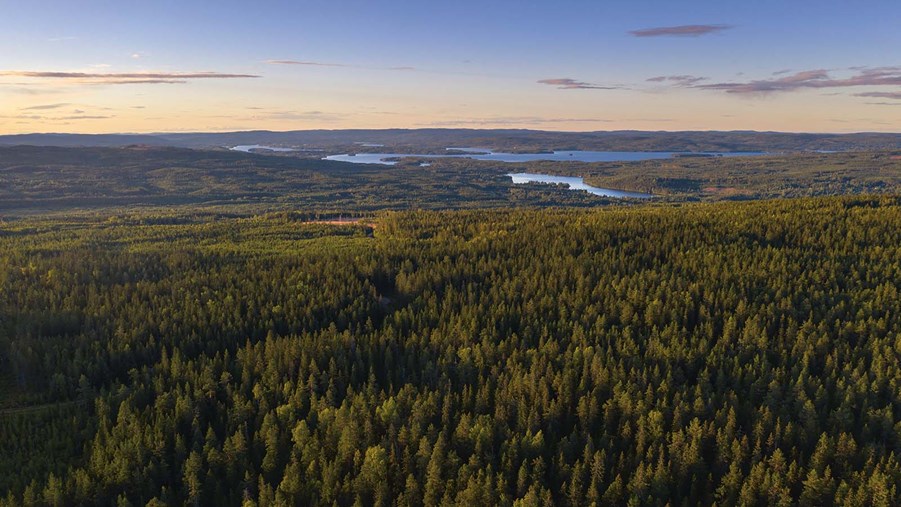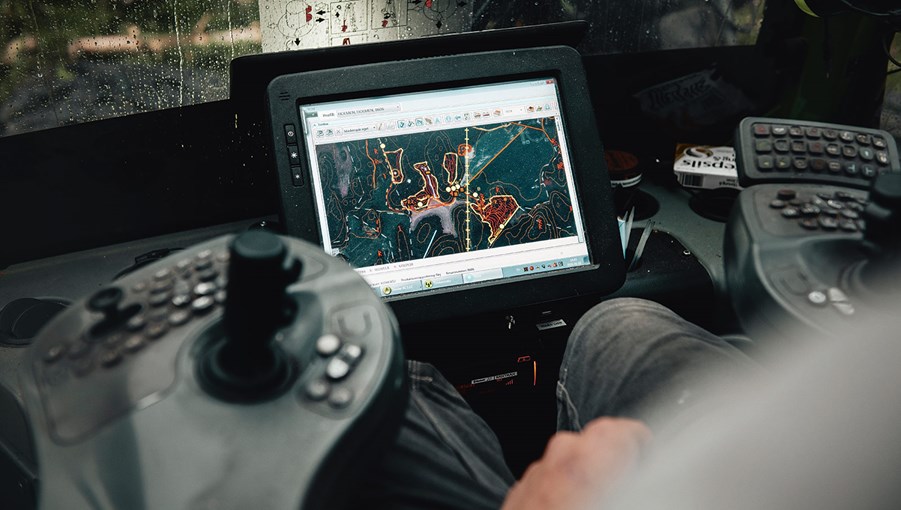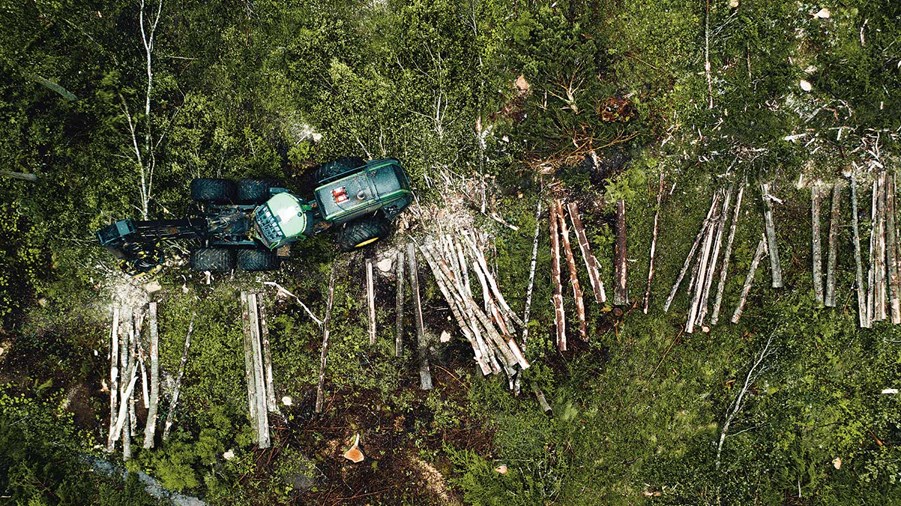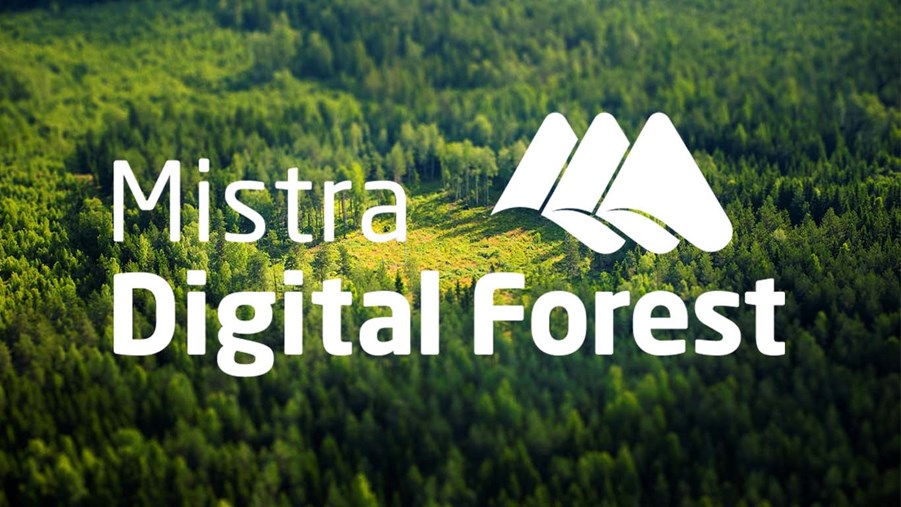
A circular bio-based economy requires more and sustainable access to biomass from forests. To achieve this, knowledge, technology and sustainable forestry and forest production methods are needed.
In Sweden and the rest of Europe, biomass from forests is an important resource for achieving freedom from fossil fuels. Forest raw materials offer greater renewability and circularity characteristics compared to many other materials. At the same time, many demands are made of the forest’s other benefits and functions. Balancing these demands to achieve the greatest possible overall benefit and sustainable outcomes is a societal challenge. Increased knowledge of and research in forestry enables a balance between growth, production, and natural values and provides factual information as a basis for informed dialogue, well-founded decisions and co-operation. This will encourage interaction between all values the forest has to offer.
Forests and forest land are valuable social resources that in Sweden are owned and managed by private forest owners, forest companies, the state and municipalities, the Church of Sweden, and various foundations. Continued sustainable development of forest resources depends on all categories of forest owners having the knowledge and tools they need to set their own well-founded economic, environmental and social goals. Interdisciplinary research into forest-related issues and dialogue between different societal stakeholders need to increase. Research into knowledge-driven technological development and sustainable methods that incorporate the entire value chain is another fundamental requirement.
Improved knowledge of forest ecosystems
Active and sustainable use of forest and woodland requires thorough knowledge of how ecosystems work, their potential and their limitations. Improved knowledge of forest ecosystems forms the very basis for the development of techniques and methods that promote biodiversity, ecosystem services and a biodiverse forest that produces valuable wood.
The result of the entire growing season’s work on planting and producing trees according to ecosystem capacities must be used in the best possible way. In Sweden, around 80 million tonnes of raw biomass are harvested and enriched annually, which goes to customers in various industrial segments. In-depth knowledge regarding access to forest raw materials and its properties is needed for investment decisions and planning of sustainable production.
Planning and management
More knowledge about the standing forest makes it easier to plan the use of raw materials. Digitalisation opens up completely new opportunities for analysis and production management by linking data from forests with industry. Opportunities to combine different data sources enable improved planning and management of transport and production for different needs and timeframes.
Energy efficiency and conversion to fossil-free vehicle propulsion are also key research areas, as is research and development to minimise negative impacts of forestry on land, the environment and people.
If you would like to know more about research that can further improve forests and forest raw materials, you would be welcome to take part in the Swedish Forest-based Sector Research Agenda.




